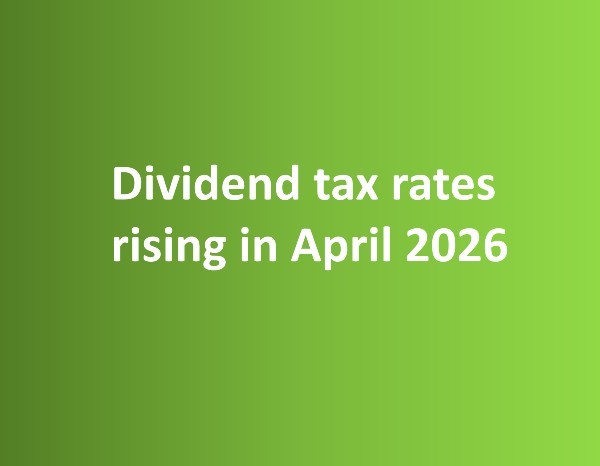
As the UK heads into the Budget this autumn, speculation is mounting over whether Chancellor Rachel Reeves will be forced to raise taxes to plug a growing gap in the nation’s finances.
According to the National Institute of Economic and Social Research (Niesr), the government is on course to miss its own borrowing targets by £41.2 billion, unless action is taken. Niesr warns that a “moderate but sustained increase in taxes” may be the only realistic route for the government, particularly under the borrowing rules the chancellor has described as “non-negotiable.”
A “Trilemma” for Reeves
When Reeves became Chancellor, she set out two strict fiscal rules:
1. Day-to-day government spending must be funded by tax revenues, not borrowing.
2. Public debt must fall as a share of national income within five years.
These rules were intended to reassure investors and signal economic credibility. However, meeting them is becoming increasingly difficult as weaker-than-expected economic growth and the reversal of welfare cuts are expected to deliver less than previously forecast. The ongoing effect of US trade tariff policies on global trade is also a challenge.
Niesr says the chancellor faces a “trilemma” between:
- Fulfilling Labour’s spending commitments
- Sticking to the manifesto promise not to raise taxes on working people
- Meeting the self-imposed borrowing rules
The deputy director for macroeconomics at Niesr, Stephen Millard, said that if the chancellor is going to be able to raise £40 billion, “I think one of the big taxes is going to have to be raised.”
Where might tax increases come from?
NIESR has suggested the government could raise revenue by:
- Extending the freeze on income tax thresholds beyond 2028 (a stealth tax that raises more as wages rise)
- Reforming council tax or even replacing it with a land value tax
- Changing the scope of VAT
- Reforming pensions allowances
A difficult Autumn ahead
With all these pressures converging, the upcoming Autumn Budget could be a significant one. However, whether it will include tax rises, stealth tax extensions, or reforms to the tax system, remains to be seen.
If you have any questions about the effect of tax on your business or personal situation, please give us a call, we’ll be happy to help you.
See: https://www.bbc.co.uk/news/articles/cn85vyd1epzo
The information provided in this blog is for general informational purposes only and should not be considered professional advice. As far as we are aware, the content is accurate at time of publication. Torgersens assumes no responsibility for errors or omissions in the content or for any actions taken based on the information provided.




.jpg)



